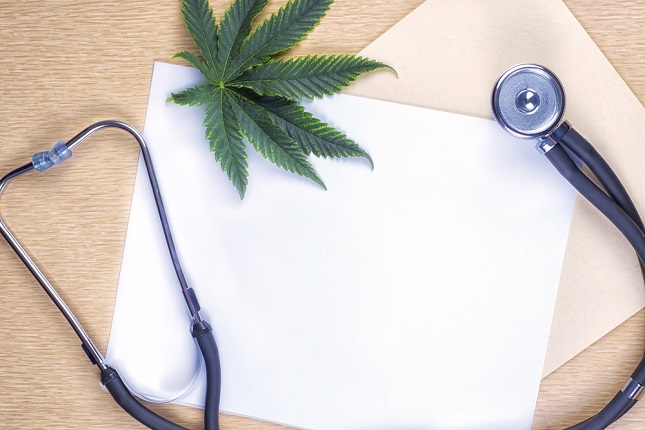U.S, June 5, 2020 (HEPGAZETTE) It’s been a while since we checked in with the medical cannabis situation in Oklahoma, and it turns out the state’s program is still rocketing along.
Back in July last year we mentioned Oklahoma’s medical cannabis program was growing in leaps and bounds – at that point, 151,479 patient applications had been received and 146,381 approved. Even at that stage it worked out to around 3.7% of all residents in the state had been approved for the program; which is open to anyone with a physician’s recommendation.
The Oklahoma Medical Marijuana Authority (OMMA) published fresh statistics just a couple of days ago. Here’s how things were looking as at June 1:
- Patient applications received: 318,492
- Active licenses: 297,010
- Caregiver applications received: 3,008
- Active licenses: 2,259
- Business applications received: 11,349
- Active licenses: 9,266
The number of approved patient applications has doubled in under a year and based on an updated total state population count of 3.957 million, 7.5% of Oklahomans have approval.
The program’s popularity is also supporting a thriving related business sector, with 11,349 applications received and 9,266 active licenses. Breaking that figure down:
- Grower: 5,802
- Processor: 1,380
- Dispensary: 2,035
- Transportation: 21
- Waste disposal: 7
- Laboratory: 20
As well as helping patients and creating jobs, the state’s medical cannabis program is also adding to Oklahoma’s coffers; which is particularly needed at the moment given the impacts of COVID-19. According to the Oklahoma Tax Commission, medical marijuana sales tax revenue for May was a whopping USD $6,505,460. The sales tax cash from cannabis goes towards administering the program, a drug and alcohol rehabilitation fund and into the state’s general revenue fund.
But, wait, there’s more – the state also saw $5.1 million from its marijuana excise tax.
In May, sales of medical marijuana in Oklahoma eclipsed $73 million.
The state’s voters passed State Question 788 in June 2018, legalising the broad licensed use, sale, and cultivation of marijuana for medicinal purposes; much to the chagrin of then governor, Mary Fallin. Current Governor, Kevin Stitt, recently vetoed a bill that would have allowed dispensaries to home-deliver medical cannabis.







